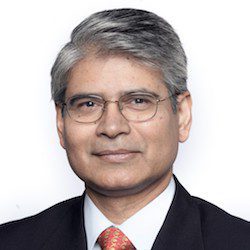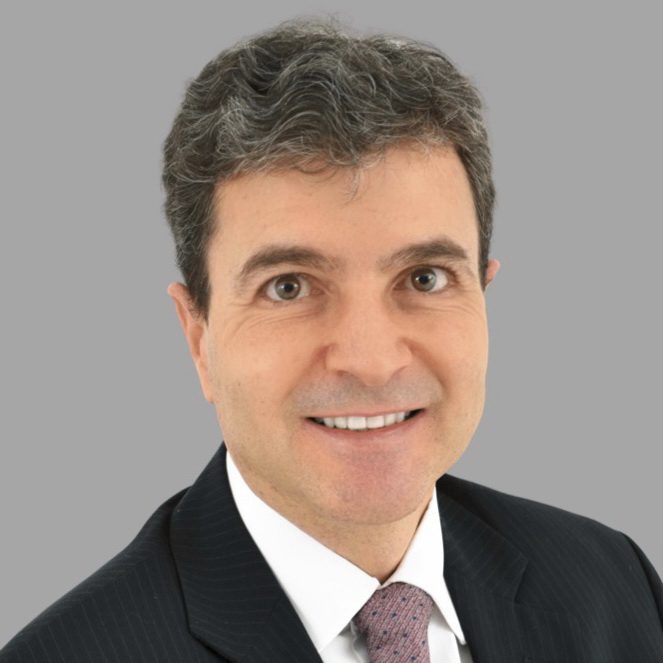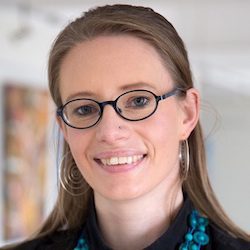2020 marks the 75th anniversary of the United Nations. With this WebDebate, we continue our theme of exploring key topics related to the past, present, and future of the organisation. Since the inception of the UN, membership of the organisation has grown steadily. In particular, the membership of states from the Global South has impacted the structure and functioning of the organisation. For example, by working in UN General Assembly committees and advocating for and skilfully utilising their position as elected members of the Security Council, states from the Global South have left their mark on the organisation.
In this WebDebate, we look at the question: How do countries from the Global South make their mark within the UN system? We explore specific diplomatic approaches led by countries from the Global South, shifts within the UN system, calls for UN reform, and the impact that countries from the Global South have had on the organisation. We are joined by Amb. Asoke Mukerji (former Indian ambassador) and Dr Eugenio Vargas Garcia (Senior Adviser on Peace and Security at the Office of the President of the 74th Session of the UN General Assembly).
Participants

Amb. Asoke Mukerji’s diplomatic career spans 37 years, from 1978-2015. As India’s ambassador and permanent representative to the UN in New York (2013-2015), he oversaw India’s negotiations on the 2030 Agenda on Sustainable Development, focusing on prioritising the use of technology for achieving the sustainable development goals (SDGs). He represented India in the intergovernmental negotiations that recommended a text-based outcome for UN Security Council Reforms in September 2015. He led India’s successful initiative in the UN General Assembly in 2014 for adopting a resolution to declare 21 June of every year as the International Day of Yoga. Read more about him here.
Dr Eugenio Vargas Garcia is senior adviser on Peace and Security at the Office of the President of the 74th Session of the UN General Assembly. He leads on matters pertaining to the 4th Committee, the Security Council, peacekeeping, cybersecurity, and as GRULAC liaison. Previously, as a career diplomat, he served at the Brazilian embassies in London, Mexico City, Asuncion, and at the Brazilian Permanent Mission to the UN in New York, where he was Deputy Political Coordinator of the Security Council Team during Brazil’s latest term as non-permanent member (2010-2011). Read more about him here.
Join us online on Tuesday, 3rd March at 12:00 UTC (13:00 CET)
About our WebDebates
The WebDebates on the future of diplomacy are live streamed on the first Tuesday of every month. They are organised by Diplo within the framework of the International Forum on Diplomatic Training (IFDT). Learn more about our series of WebDebates.
If you form part of a dynamic circle of practitioners in your community, we encourage you to establish a diplomatic hub to follow the WebDebates and to facilitate discussions.
For more information, contact Diplo’s Ms Mina Mudric.







